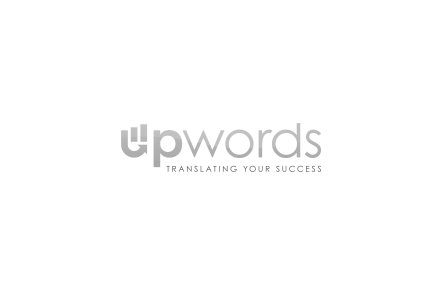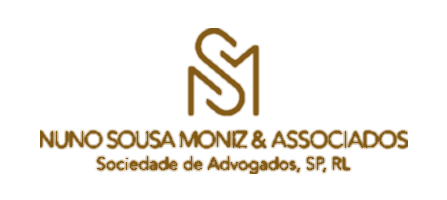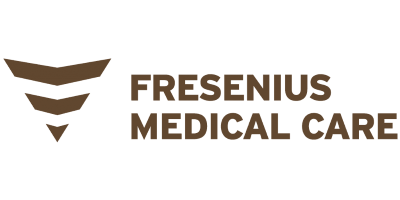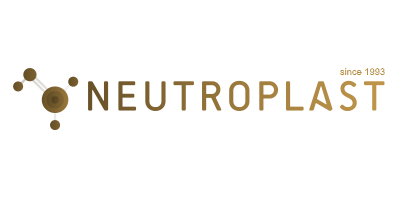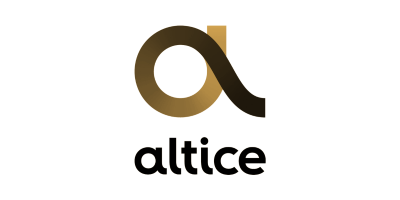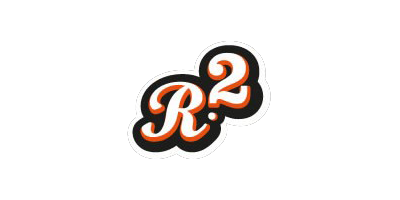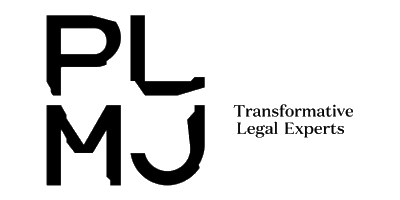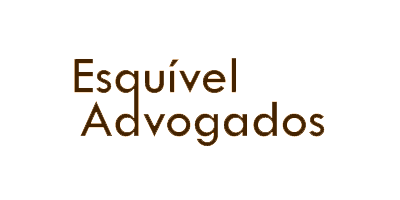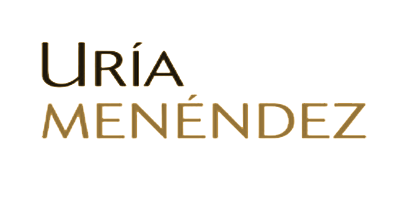The global health industry is becoming more interconnected, with health professionals and patients interacting across cultures and languages. In this situation, medical translation plays a critical role in ensuring accurate and reliable communication. The translation of medical information, such as documents, prontuaries, educational materials, and treatment instructions, enables health professionals to effectively communicate with patients of various linguistic backgrounds, enabling the provision of high-quality healthcare and the establishment of trusting relationships.
The significance of accurate and trustworthy medical translation
Elimination of linguistic barriers: Medical translation must be accurate and reliable in order to overcome linguistic barriers that restrict communication between health professionals and patients from various cultures and languages. This effective communication is critical for obtaining critical information about the patient's medical history, symptoms, previous treatments, and other factors crucial to appropriate diagnosis and care.
Equitable access to health care: Medical translation plays a critical role in ensuring that all patients, regardless of linguistic origin, have equitable access to health care. By making medical information available in multiple languages, health professionals can meet patients' communication needs and ensure that they fully understand their health conditions, treatment options, and post-treatment instructions.
Preciseness in communication: Imprecise or inadequate medical translation can lead to communication errors, which can have serious consequences for patients. Mistranslated or misinterpreted medical terms can result in incorrect diagnoses, insufficient prescriptions, and a failure to comprehend vital information about the patient's health. As a result, accurate and trustworthy translation is critical to ensuring that the original message is conveyed correctly, without information loss or incorrect interpretation.
Cultural awareness and sensibility: In addition to transmitting medical information accurately, medical translation takes into account the patients' culture and sensibility. Cultural values and patient beliefs may influence their understanding and acceptance of health care services. Working with specialized translators who have a thorough understanding of the patient's culture allows you to ensure that the translation takes these factors into account, avoiding cultural misunderstandings that could jeopardize effective communication.
Compliance with regulations and directives: There are specific regulations and guidelines for medical translation in many countries, particularly when it comes to medication rotation, usage instructions, and informed consent. Guaranteeing compliance with these regulations is critical for patient safety and compliance with quality standards. Method translators must be aware of these regulations and have the necessary knowledge to carry out translations that meet all legal requirements.
Medical translation is a critical component of effective communication in the global health industry. Allows health professionals and patients from various cultures and languages to communicate and interact appropriately, ensuring equitable access to health care and the quality of services provided. Aside from that, medical translation necessitates cultural sensitivity as well as knowledge of current regulations in order to ensure safety and legal compliance. Investing in high-quality medical translation is critical to promoting effective and inclusive global medical assistance.



